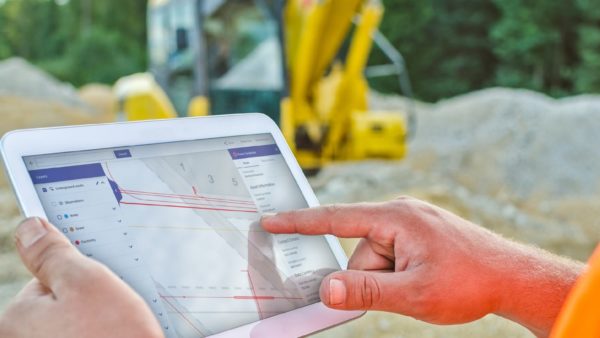The Department for Science, Innovation and Technology (DSIT) has appointed Ordnance Survey to run the National Underground Asset Register (NUAR).
NUAR, an interactive digital map of underground pipes and cables that will improve safe digging and reduce accidental strikes, was developed to its current stage by the Geospatial Commission and AtkinsRéalis. AtkinsRéalis was appointed in September 2021. Live trials started in 2023.
The Geospatial Commission will retain long-term policy and performance oversight of the service. The Ordnance Survey board will operate NUAR as part of its public task and on a cost-recovery basis. In the coming months, the service will begin transitioning from AtkinsRéalis to Ordnance Survey. A public beta service will be live by spring 2025.
There are an estimated four million kilometres of underground pipes and cables across the UK. A hole is dug every seven seconds to install, fix and maintain them. Each of the more than 700 owners of these assets is legally required to share data for ‘safe digging’. However, there is currently no standardised method for this, with multiple organisations having to be contacted for each dig, providing information in varied formats and to different timelines.
This results in an estimated 60,000 accidental strikes on these pipes and cables every year, putting workers’ safety and lives at risk, in addition to community disruption that costs the UK economy £2.4bn annually.
With NUAR, planners and excavation teams can get the information they need instantly, any time of day, any day of the year, helping them to work effectively and safely.
£400m annual savings
Such easy and swift access to key information will lead to economic growth of at least £400m per annum through increased efficiency of data sharing and excavations, fewer accidental strikes on underground pipes and cables, and reduced disruptions for the public and businesses, according to the DSIT.
NUAR won the Digital Innovation in Productivity category at the Digital Construction Awards 2024.
Baroness Jones of Whitchurch, parliamentary under-secretary of state at the DSIT, said: “We are committed to unlocking the power of data to reduce disruptions to the public and help deliver economic growth across the UK. From spring, NUAR will minimise the chance of accidental damage to the pipes and cables beneath our feet, protecting the supply of gas, water and electricity to our homes and businesses.
“By harnessing the Ordnance Survey’s centuries of expertise in managing critical national geographic data, we will ensure this service can deliver for the public and industry from Newcastle to Newport and Brighton to Belfast.”
Don’t miss out on BIM and digital construction news: sign up to receive the BIMplus newsletter.
The post Ordnance Survey takes control of underground asset register appeared first on BIM+.


